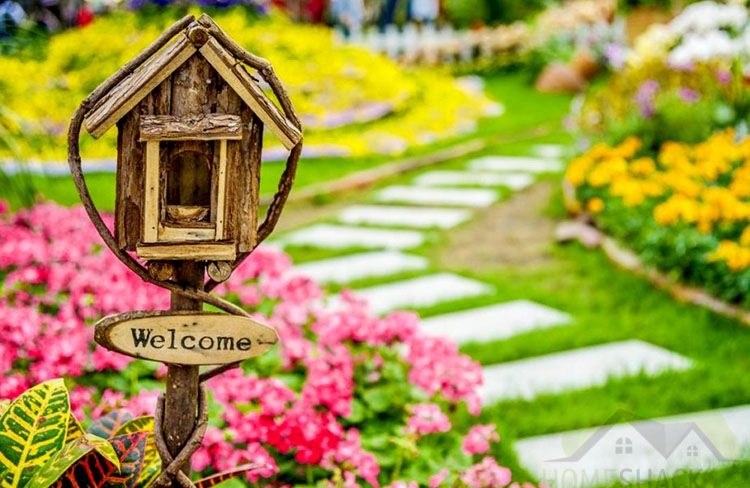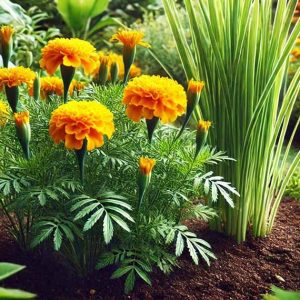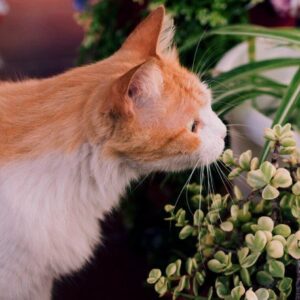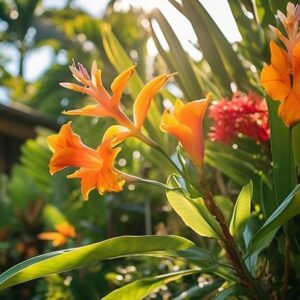If you’re planning to start a garden, whether it’s for growing vegetables, flowers, or a combination of both, there are a few key pieces of infrastructure you’ll need to consider.
While gardening can be a simple and enjoyable hobby, it does require some planning and investment to ensure you’re able to cultivate a thriving garden.
In this article, we’ll take a look at the infrastructure you’ll need to get started with your garden.
Garden Planning
Before you start digging in the dirt, you’ll need to do some planning to determine the best location and setup for your garden. Here are some key factors to consider:
Location
The location of your garden is crucial for its success. You’ll want to choose an area that receives ample sunlight and has good drainage.
It should also be easily accessible for maintenance and harvesting. Consider the size of your garden and how much space you’ll need for your plants.
Sunlight
Most plants require at least six hours of sunlight per day. Make sure to choose a location that receives adequate sunlight for the plants you want to grow.
If you have limited space or a shady yard, consider planting shade-tolerant plants or using container gardening.
Soil
The quality of your soil will greatly impact your plants’ growth and health. Test your soil to determine its pH level and nutrient content.
You may need to amend your soil with compost or other organic materials to improve its quality.
Water Source
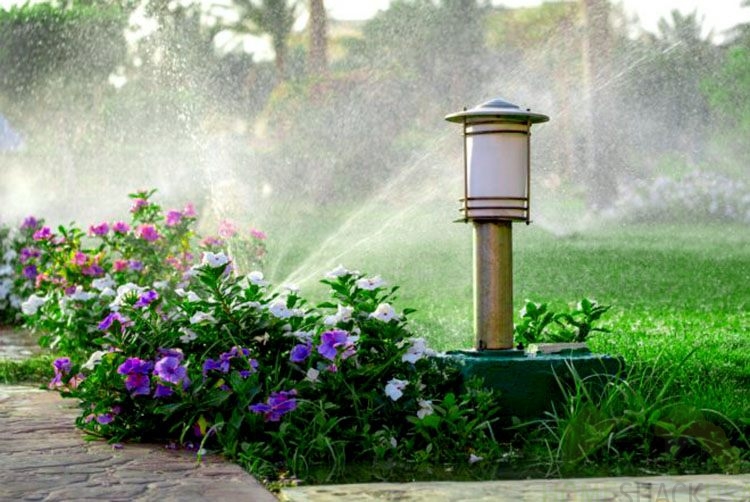
Your garden will need a reliable water source, whether it’s a hose, irrigation system, or rainwater collection.
Make sure to choose a location that’s close to a water source for easy watering.
Garden Design
Once you’ve determined the best location for your garden, it’s time to design your garden setup.
Garden Bed
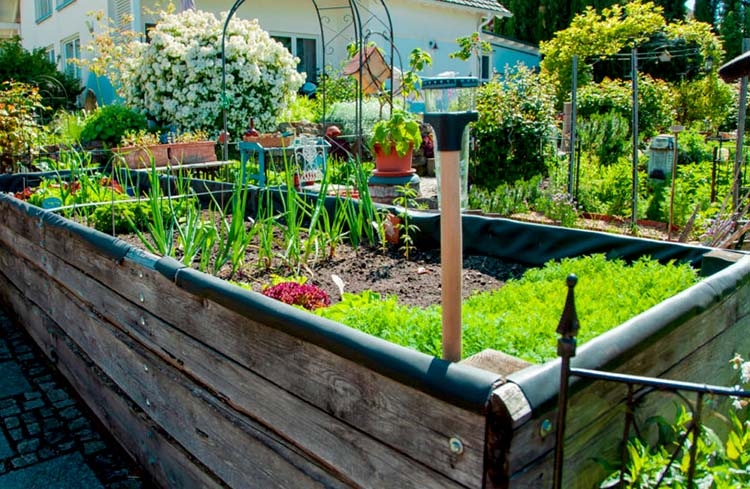
A garden bed is a raised platform for your plants to grow in. It helps to keep the soil contained and allows for better drainage.
You can either purchase a pre-made garden bed or build your own using wood or other materials.
Composting
Composting is a great way to recycle organic waste and create nutrient-rich soil for your garden. You can purchase a compost bin or build your own using materials like wood or wire mesh.
Irrigation System
An irrigation system is a convenient way to water your garden without having to do it manually.
There are many different types of irrigation systems to choose from, including drip irrigation, soaker hoses, and sprinklers.
Garden Tools
Having the right tools for your garden can make a big difference in its success.
Basic Tools
Some basic garden tools include a hoe, shovel, rake, and pruning shears.
These tools will help you plant and maintain your garden.
Advanced Tools
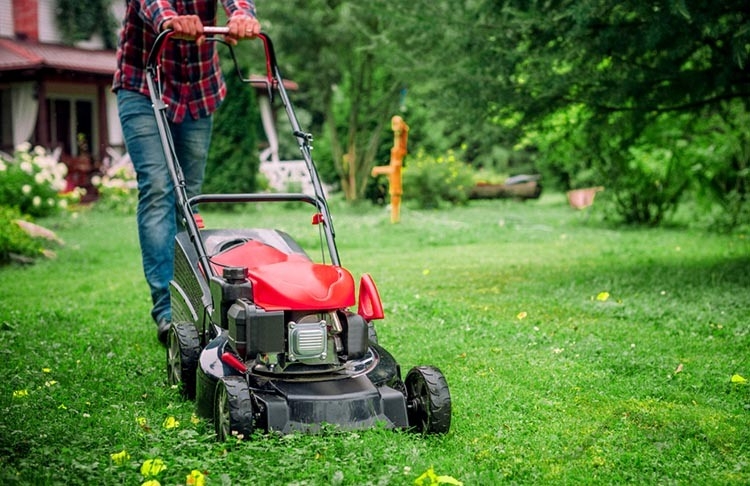
Advanced garden tools include things like a rototiller, lawn mower, and leaf blower. These tools may not be necessary for all gardens, but they can help with larger plots or more extensive landscaping.
Garden Accessories
In addition to the essentials, there are some accessories that can make your garden more functional and enjoyable.
Garden Furniture
Adding some outdoor furniture to your garden can make it a great place to relax and enjoy your hard work.
Consider adding a bench or chairs for seating, or a table for outdoor meals.
Lighting
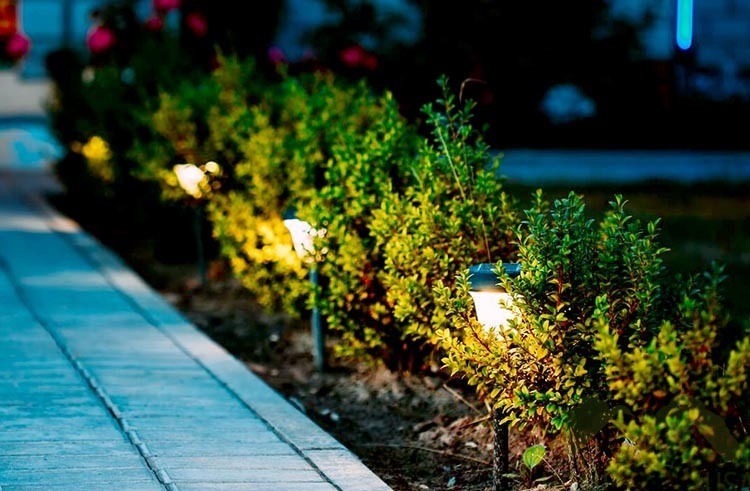
Outdoor lighting can help to extend your garden’s usability into the evening hours. Consider adding some solar-powered lights or lanterns for ambiance and visibility.
Pest Control
Keeping pests at bay is important for the health of your plants. You can use natural methods like companion planting or introducing beneficial insects, or you may need to use pesticides if the problem is severe.
Maintenance
Maintaining your garden is crucial for its ongoing success. Here are some key tasks to keep in mind:
Pruning
Pruning is the process of removing dead or overgrown branches from your plants. It helps to keep your plants healthy and encourages new growth.
Weeding
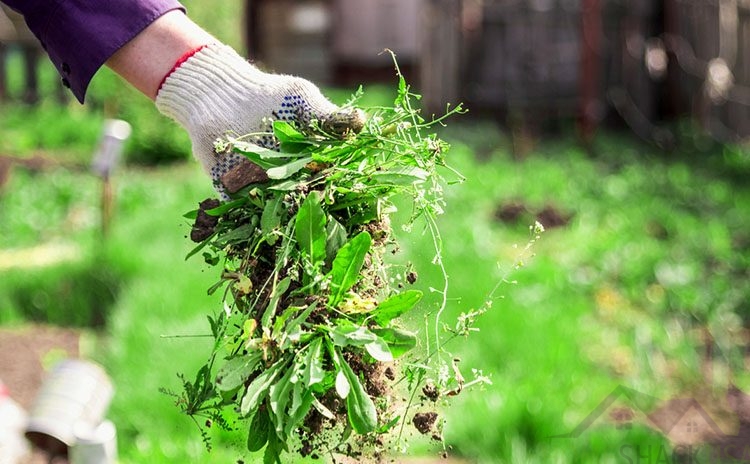
Weeding is the process of removing unwanted plants or weeds from your garden. It’s important to stay on top of weeding to prevent the spread of unwanted plants.
Fertilisation
Fertilising your plants can help to improve their growth and health.
You can use natural fertilisers like compost or manure, or you can purchase commercial fertilisers.
Pest Control
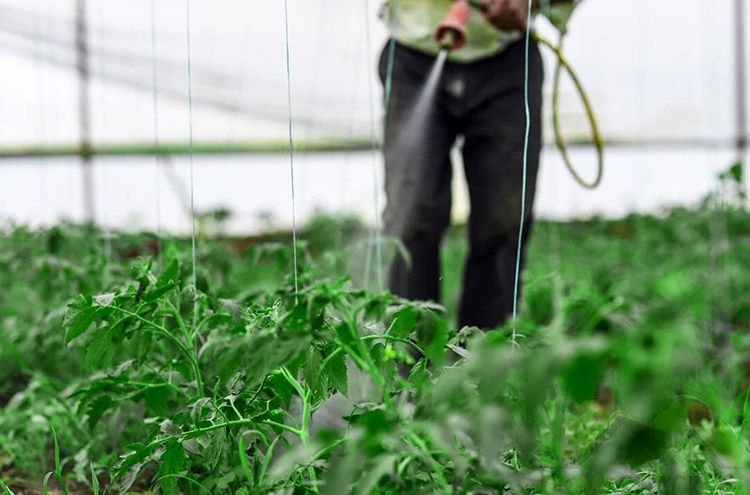
Continued pest control is important to keep your plants healthy and productive. Monitor your garden regularly for signs of pests and take action as necessary.
Starting a garden can be a rewarding experience, but it does require some planning and investment. By considering the key infrastructure needs like location, soil, and water, and investing in tools and accessories, you can create a thriving garden that will bring joy for years to come.
Watering
How often you should water your garden, it mostly depends on the plants you’re growing and the climate in your area.
Generally, you should aim to water your garden deeply once or twice a week.

